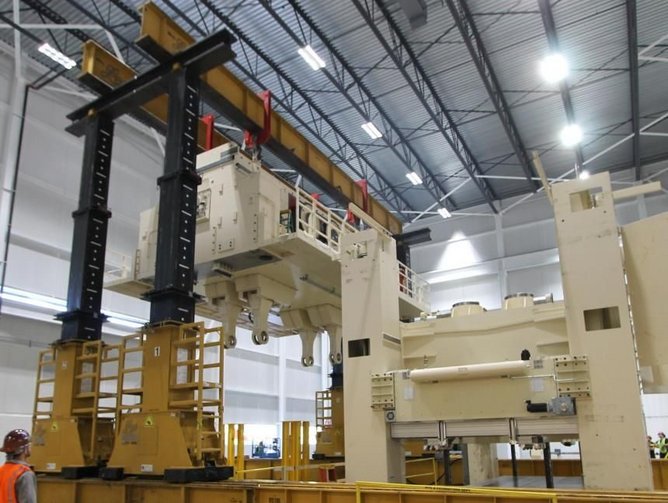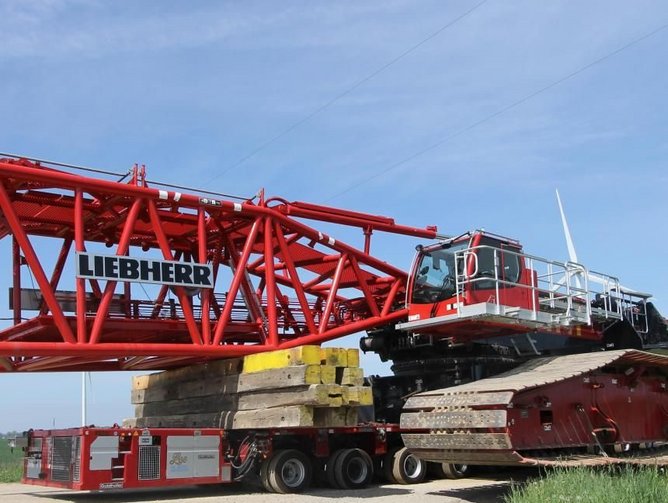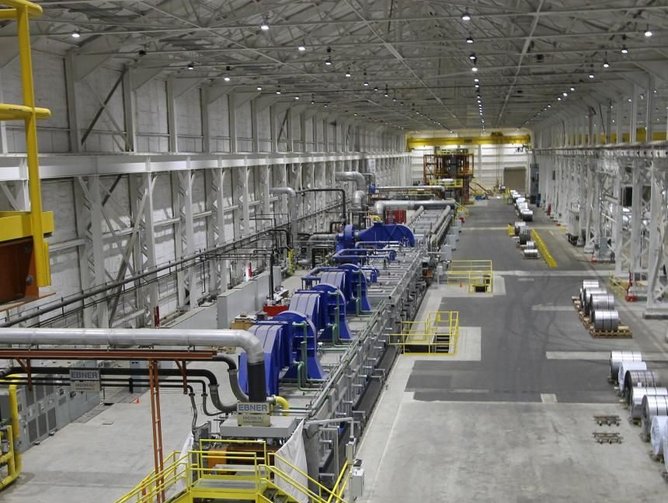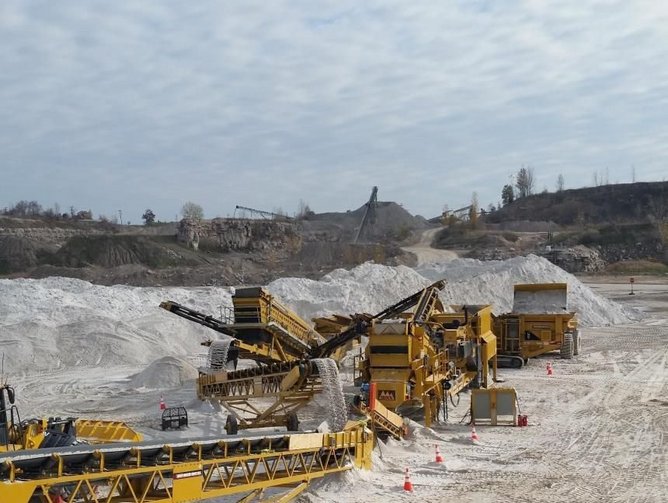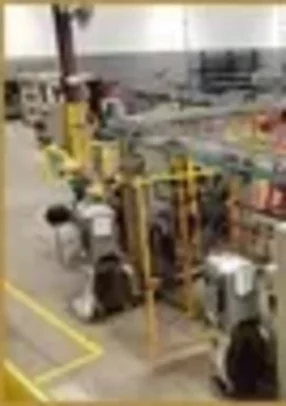How Lee Industrial Contracting is innovating technologically while keeping people at the heart of everything it does
As the pace of technological advancement increases exponentially with each passing year, companies are given more access than ever to solutions that increase efficiency, cut costs and drive competitive advantage. However, in the light of new and dazzling technological applications, it is all too easy to lose sight of the core principle of a business relationship: the people. The shiniest, most powerful business tools in the world are worthless without the right people to wield them, and market leading products are irrelevant if they are not suited to the needs of the customer. For over 30 years, Lee Industrial Contracting has been working to bring turn-key solutions to heavy industry in a way that marries sector leading, top quality products with the right people in order to provide the best possible customer experience. “We consider our company to be a strategic partner with all of our customers. Their goal is our goal,” says Michael Hahn, Director of Sales at Lee.
As a people-driven company, Lee is always looking to do things in the most efficient, cost effective, meaningful manner that adds optimum value for the client in the form of end-to-end services. Over the years, the company has grown its capabilities, vehicle fleet and roster of specialized equipment multiple times over, becoming one of the most capable complete solutions contractors in the region. A powerful tool in its arsenal that allows Lee to add value for its customers is its uniquely diverse range of in-house capabilities. Performing 13 different trade services in-house sets Lee apart within the industrial space. Self-performing as many different functions as they do, allows the company to control every aspect of its projects, from design and cost to scheduling and quality.
For Senior Operations Manager, Andrew Keilman, who joined the company in 2014, the company’s emphasis on an exceedingly high standard for in-house capabilities is what attracted him in the first place. “When I saw the operations, the people and how everything was organized, I wanted to be a part of it. Lee has the best people in each respective trade that we work in,” he explains.
We sat down with Hahn and Keilman to discuss Lee’s corporate strategy, competitive advantages, and how the next steps in Lee’s digital transformation journey will allow it to continue putting people, partners and clients at the center of everything it does.
“We’ve won Supplier of the Year for General Motors two years in a row,” notes Hahn. One of the key drivers behind Lee becoming General Motors’ Supplier of the Year is the way the company handles safety, project delivery and the unique technological demands of providing its turn-key solutions. “Our technology played a big part in that award,” explains Hahn. Central to Lee’s technology strategy in the past few years has been the Lee Electronic Data Management System (LEDMS), an in-house data center and management platform. LEDMS, Keilman notes, houses the full spectrum of Lee’s digital operations, from its quoting process to scheduling. “It’s one of the big things that General Motors really zeroed in on,” he remarks.
Now, with the rapid advancement of business tools, Lee is preparing to take steps from private towards public cloud infrastructure. The company is currently in the process of switching its operational software over to Oracle’s NetSuite, which will enable it to have a much more unified software structure and accommodate future growth. The transition to public cloud software will help provide Lee with real metrics and real analysis on how the company is performing month over month. Most importantly, the transition towards NetSuite will help the company gain insight into its CRM process, helping Lee continue to build meaningful, collaborative and long-term relationships with Lee’s clients and partners.
The traditional relationship between seller, supplier and buyer is evolving. A traditional, purely transactional approach is no longer viable in the modern world of ecosystems and strategic relationships. Lee sees the shift in the status quo and is working to embrace a collaborative approach. “We have strategic partners, strategic subcontractors, strategic design firms and strategic materials providers. We can't succeed independently without all those folks at the table,” says Hahn. “The key is understanding the client’s performance metrics. It could be dollars, quality or time that’s most important to them. If we can help them save time and increase their ability to react to their customer requirements everybody wins. We also have something else that other companies don’t offer: value engineering.” With its extensive roster of trades and in-house capabilities, Lee is able to explore a potential customer’s goal and create their request for proposal (RFP), pitching them additional ways to increase value through their project. “Value engineering has reduced cost, waste and time spent, all of which are invaluable to the customer. Between 70-80% of the time our customers go with our value engineering options.”
The emphasis on collaboration at Lee isn’t restricted to relationships between the company and its clients; internal cooperation and support is a core value that the executive team works hard to support. Morale and personal development are also important to Lee’s corporate culture. “We have a morale team, which is comprised of people from various areas of the company that meet on a monthly basis and come up with ideas to give back to our employees,” says Keilman. From management and communications techniques to trade skill training, Keilman explains that Lee’s team is dedicated to “building up all of our people, all the way from the apprentice level up to the highest tier of management”. Not only are Lee’s employees made to feel as though their company is invested in them, but four years ago founder Ed Lee made sure that every employee was personally invested in the company. “Ed decided to sell the company to the employees, so we became 100% employee owned,” says Hahn.
Valuing its employees as much as it does, Lee’s corporate strategy places tremendous emphasis on safety. The company has a strong safety team that is involved in every project, job hazard analysis and tool box talks; the health and wellbeing of Lee’s people is paramount. As it embraces the next stage of its digital transformation journey, the company is keeping people at the heart of everything it does.
Along with the management team, including Keilman and Hahn, are at the helm of a diverse, capable, innovative company that puts people first, using the power of human dedication and ingenuity to drive innovation. Looking to the future, Keilman is confident in the capabilities that Lee brings to the table: “We have the best people, the best tools, the best equipment, the best facilities and the best plan on every project that we do. I think that’s enabled us to be successful year after year.”
